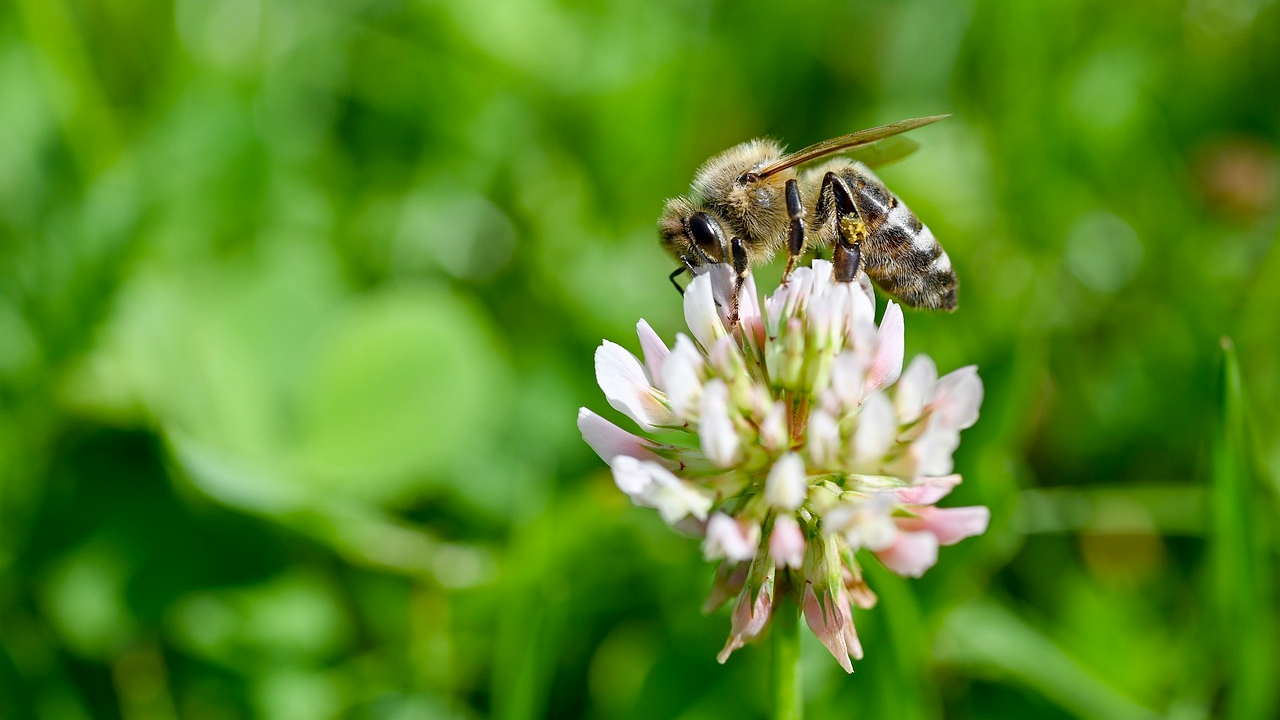
Agroecology
Agroecology studies relationships between ecological processes and agricultural systems.
It stems from the field of ecology, which studies the relationship between living organisms and the physical environment, however, looks at the interaction of plants, animals, humans and the environment with agricultural systems.
Agroecology is a science, movement and practice that applies ecological principles to the study, design and management of agro-ecosystems that are both productive and natural resource conserving, culturally sensitive, socially just and economically viable. It is therefore a multidisciplinary field that takes a holistic approach in understanding the interactions between ecological, social, economic and political systems.
The LTV faculty at SLU engage in Agroecology through a Masters level program at Alnarp, and have even produced a policy brief on how to teach agroecology at a university level. Agroecological perspectives and principles are present within different research projects across SLU that look at sustainable food systems, sustainable production and consumptions, as well as urban planning and horticulture.
A student group have established a project and organisation called Alnarp’s Agroecology Farm. It is designed based on principles of Agroecology, centred on locally-based production of vegetables with respect for both the environment and people. The project is even establishing a Community-Supported Agricultural scheme, which connects the producer and consumers within the food system more closely by allowing the consumer to subscribe to the harvest of Alnarp’s farm.
Contact
Fredrik Fernqvist, Senior Lecturer, Department of People and Society.
Email: fredrik.fernqvist@slu.se
Georg Carlsson, Senior Lecturer, Department of Biosystems and Technology.
Email: georg.carlsson@slu.se
Contact
-
PersonHåkan Jönsson, Coordinator for Food and CitiesDepartment of People and Society